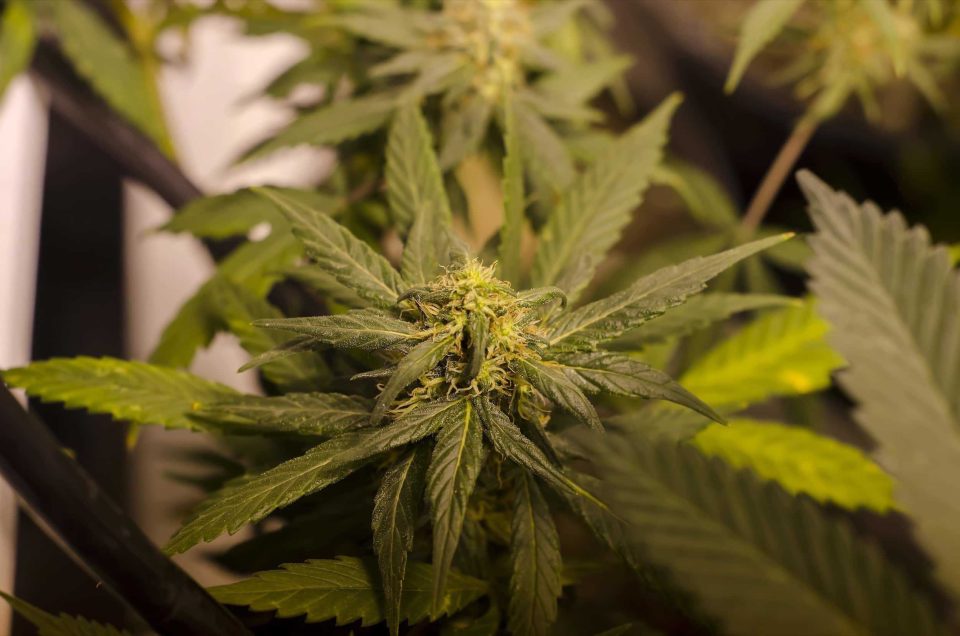Cannabis is still an illegal substance in Indiana. Some people want to change that, enough that a summer study committee of the state legislature met and heard testimony, discussing what would happen if it were to be made legal in the state.
“They had a really great committee,” said Andy Bauman, marijuana lobbyist in Indiana, talking to IndyPolitics. “What I liked about it they had a lot of professionals come in, where it wasn’t just enthusiasts but it was doctors, researchers, economic professors.”
Bauman said the people testifying brought the data.
Bauman said he believes Indiana should go about legalization in a careful manner, establishing some standards.
“Each state does it differently, which leads into some problems. When it does finally go federally legal, which it will in the next couple of years, that’s gonna lead to a lot of interstate commerce issues.”
It is important to note that people have predicted two things for years: cannabis will become legal federally and Indiana will legalize marijuana.
Still, some state lawmakers are confident that it’s at least a possibility.
“There’s no time to kick this down the road. We need to operate now,” said state Sen. Greg Taylor, a Democrat from Indianapolis. “Otherwise we’re gonna see ourselves in a position where what the federal government does will prohibit us from making sure Hoosiers benefit from some of the revenue associated with cannabis.”
He has introduced bills before to decriminalize cannabis. They, like all others, have failed.
CBD is legal in the state, in many forms. It contains minute traces of THC.
Taylor said he’s cautiously optimistic, seeing that 37 other states, including Michigan, Illinois and Ohio, have some form of legal cannabis.
“We heard testimony from people who have seen benefits from cannabis in their medical situations and it could address some of the opioid problems we have ion the State of Indiana,” said Taylor.
Bauman said it could mean as many as 30,000 high-paying manufacturing jobs for Hoosiers.
But, whether it becomes legal is up to the state legislature, and to an extent the governor, both historically stubborn about the matter, Bauman said perhaps because of miseducation about the product.
The General Assembly meets in January.

